Christmas in Ukraine
"We believe in our victory, we believe that good always defeats evil, and we believe that even in the darkest hour, there will always be light."

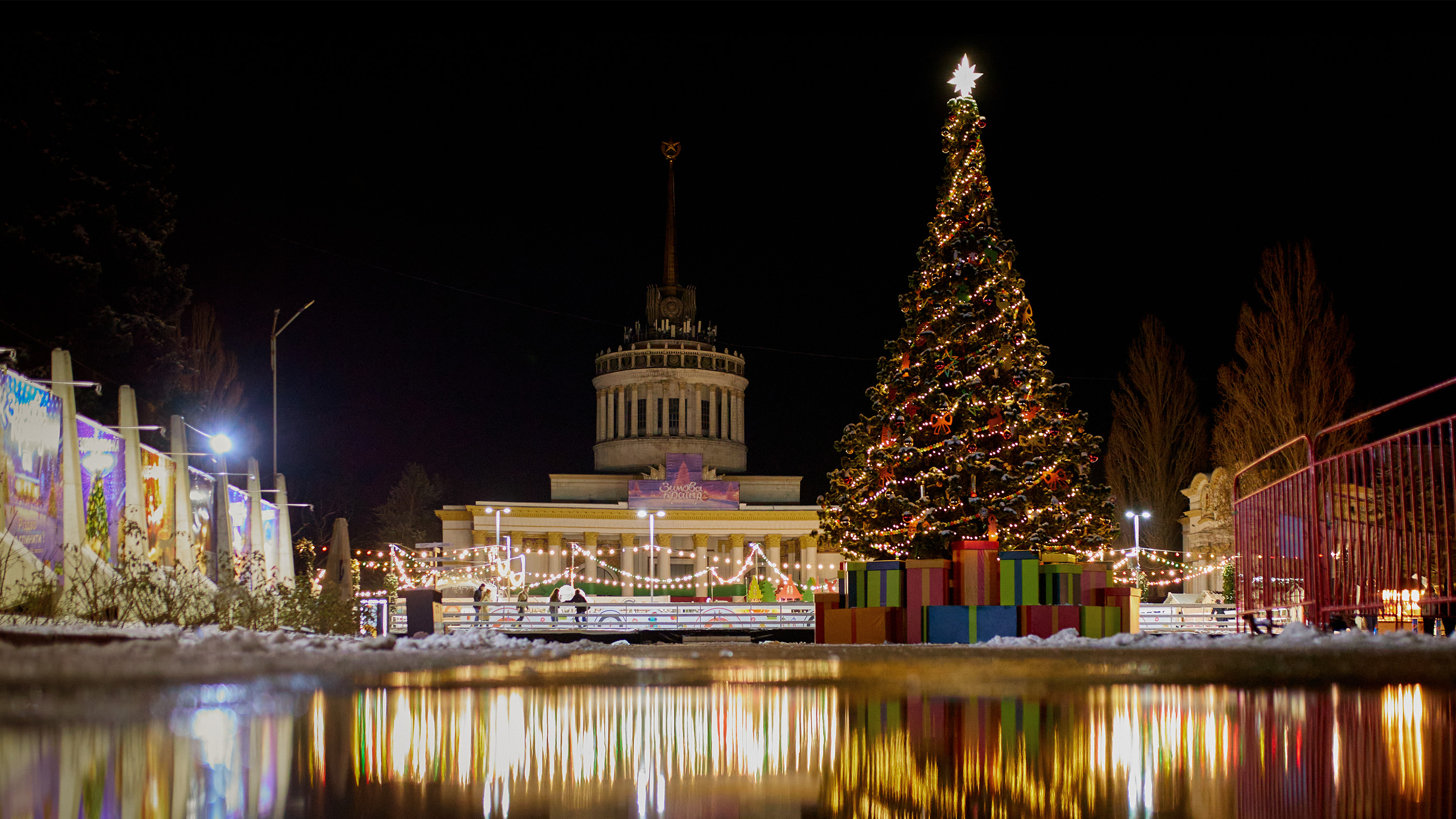
As I finish this article, it is the morning of December 16th. I am in Kyiv, and explosions can be heard outside my window. For the uninitiated, this has become our daily routine. The explosions are the work of air defense as well as the crashing of Russian missiles into residential buildings and critical Ukrainian infrastructure facilities that provide Kyiv residents with light, heat, and water.
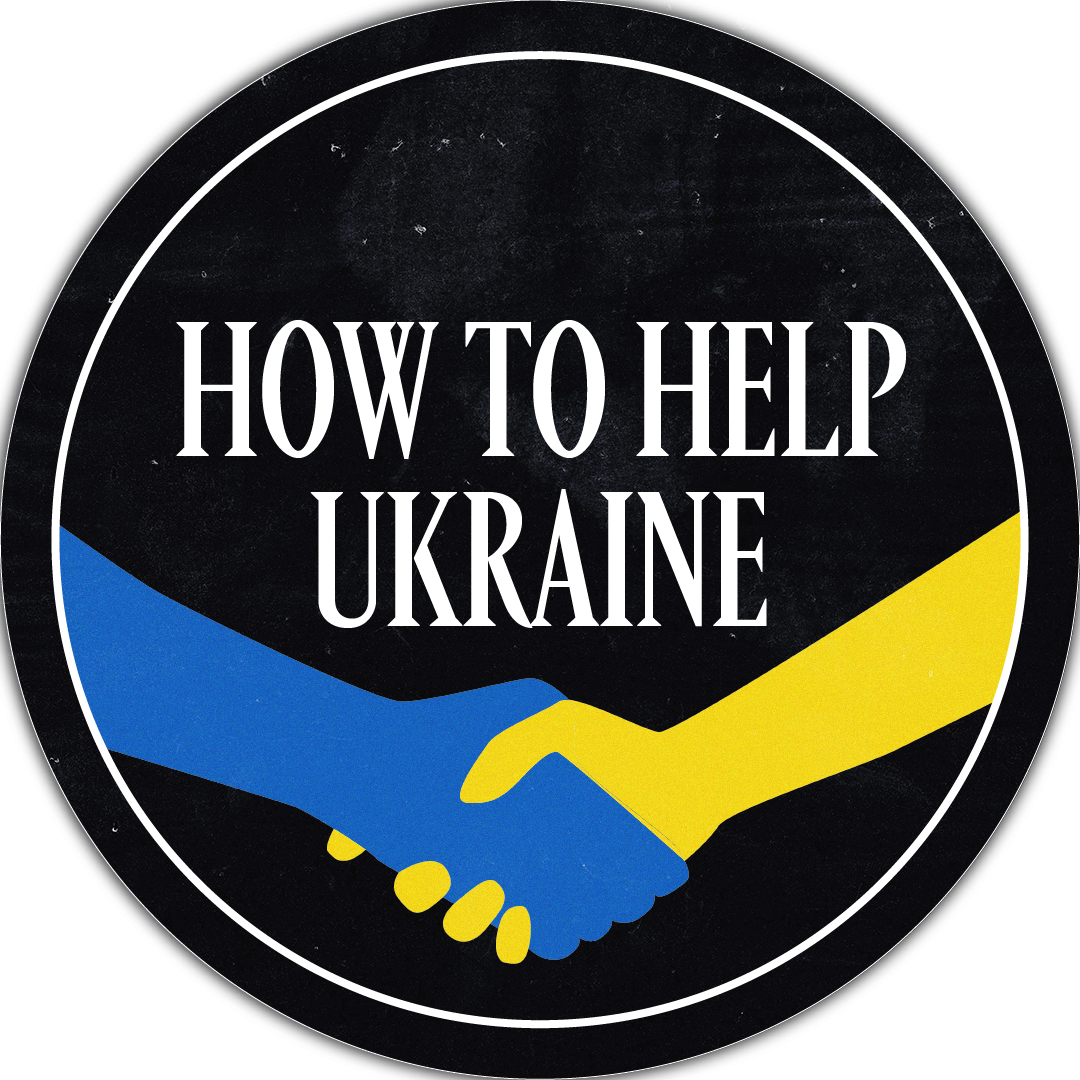
Despite the air alarm, the voice of a merchant’s megaphone can be heard from under my window: “Potatoes, carrots, onions, apples for sale...” This is also our daily routine, because it allows us to buy fresh organic produce even during wartime. Some neighbors and shop workers from my area can be seen looking out of the shelter, the entrance to which is visible from my window. The merchant’s voice is reassuring.
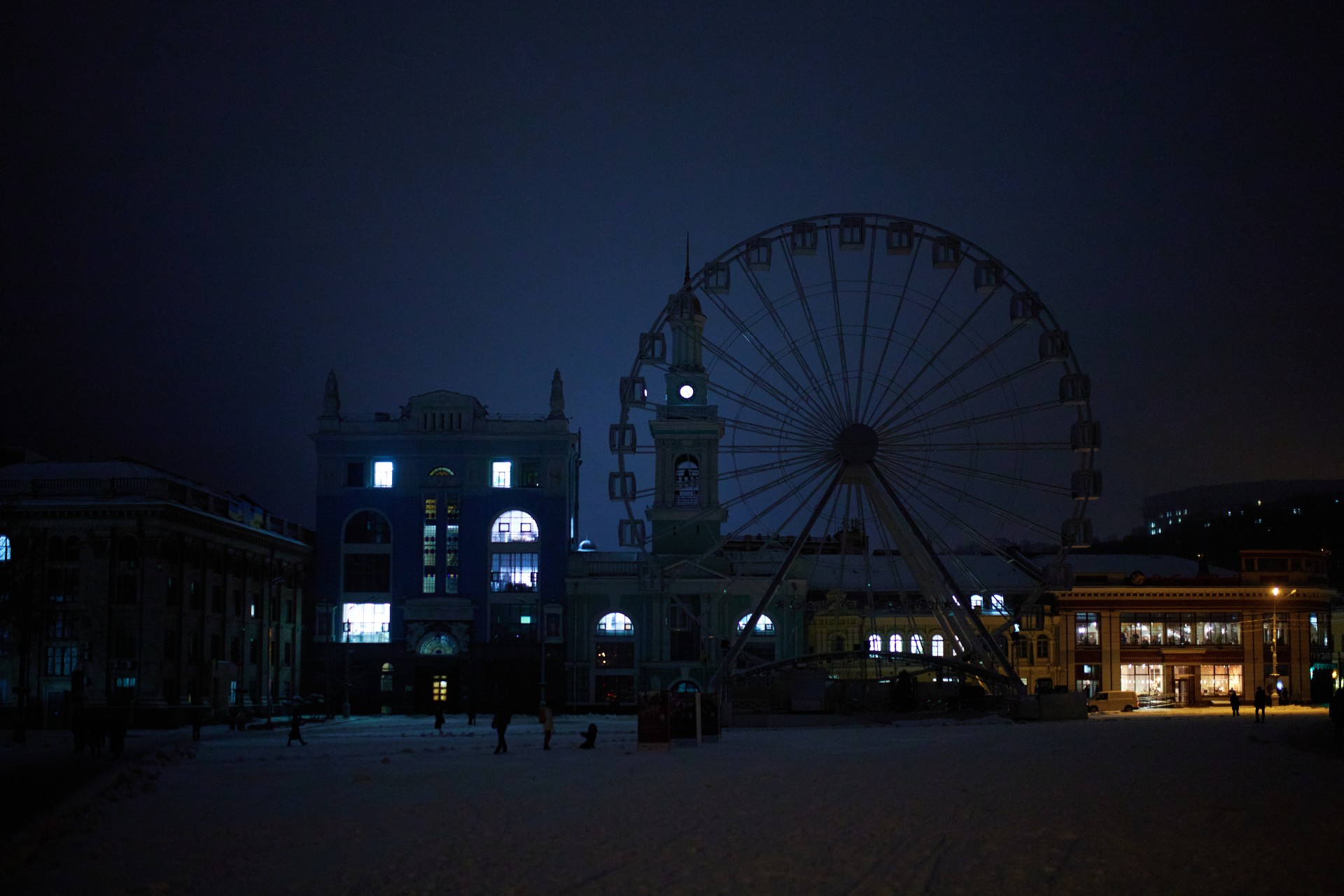
Because of constant Russian shell attacks, Kyiv is often engulfed in state-mandated blackouts.
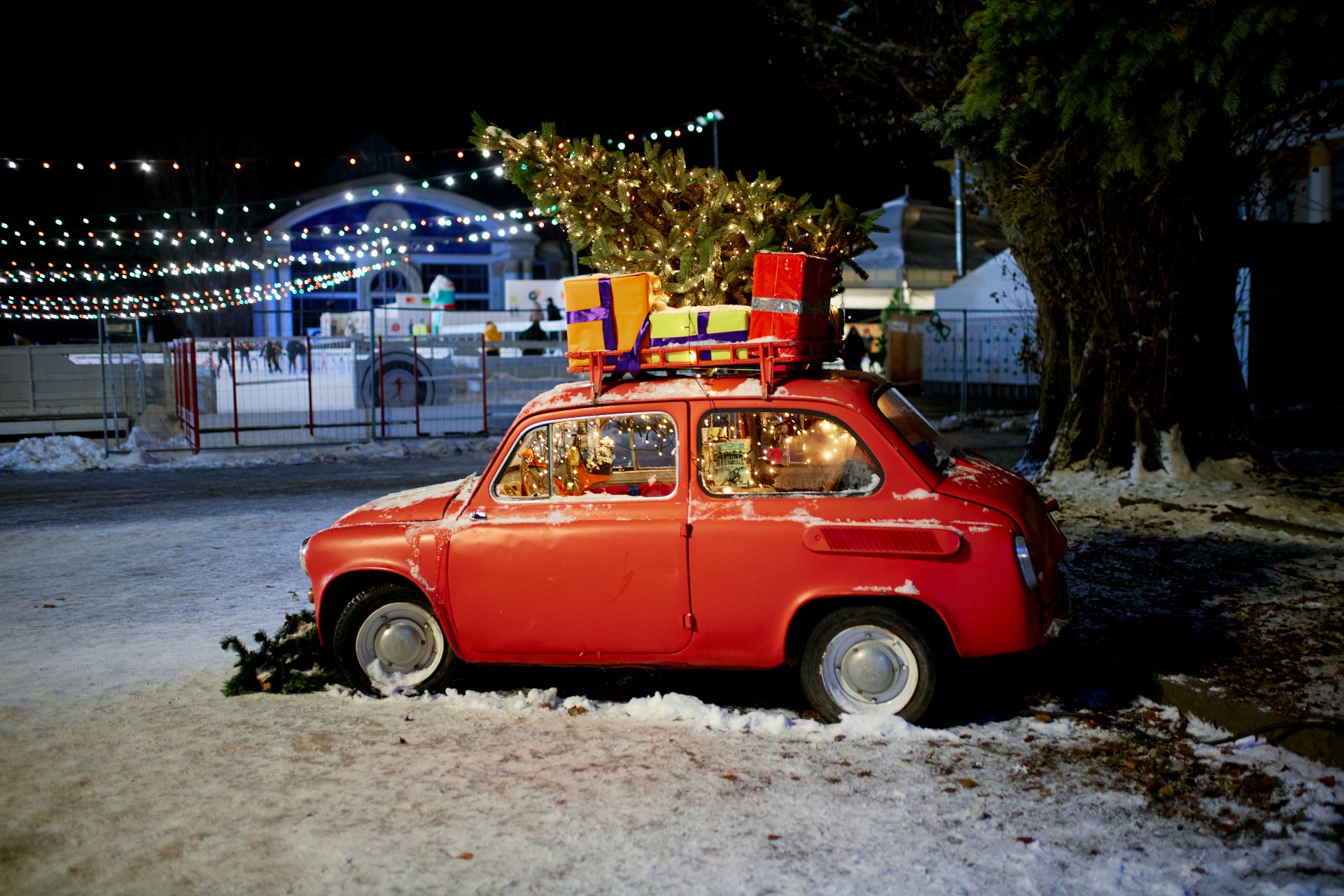
Decorations line the streets—even adorning parked cars—in Kyiv.
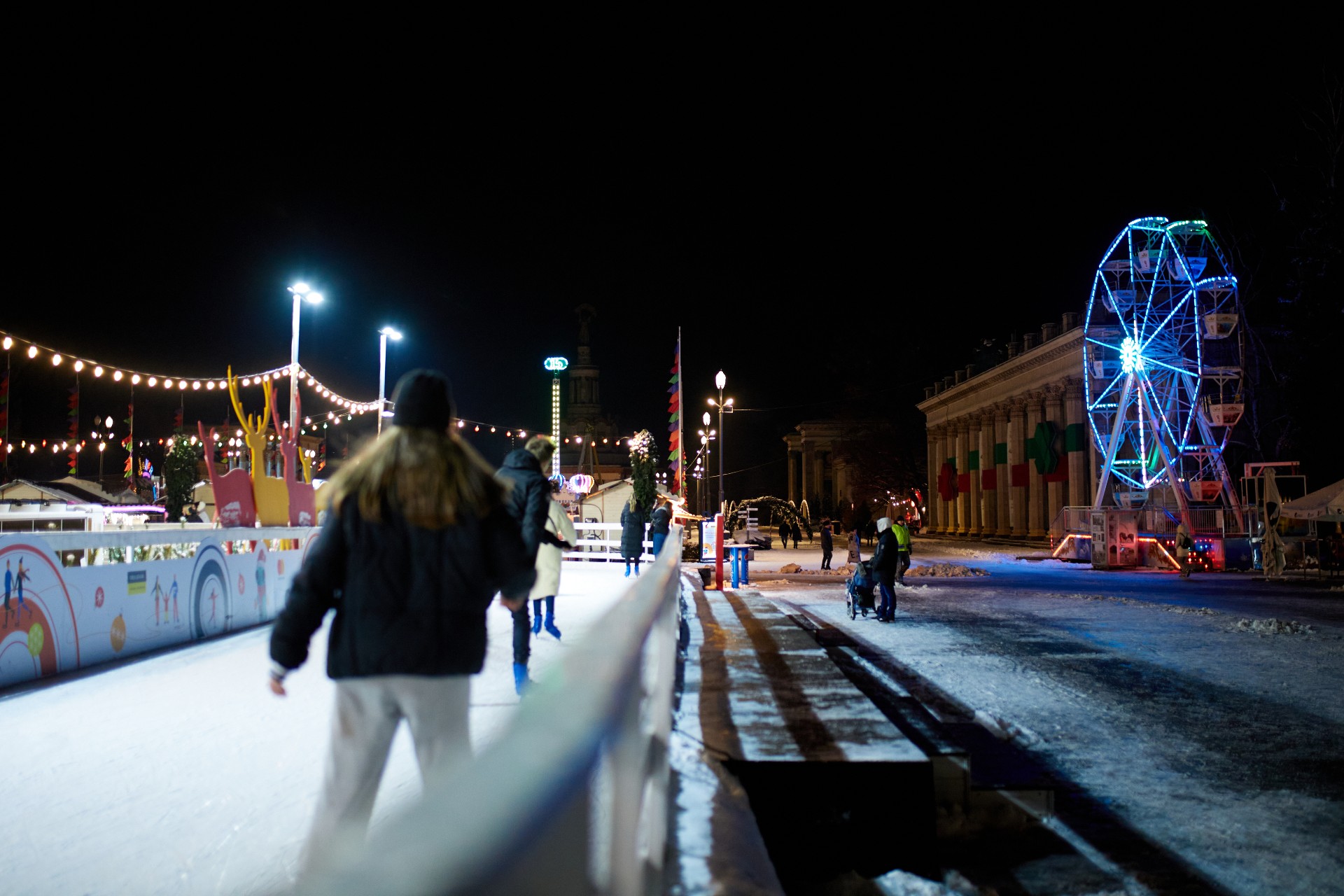
In Kyiv, Ukrainians continue to celebrate holidays, enjoy cultural events, and keep their spirits high.
I can see from the operational news that there has been a hit on the capital’s thermal power plant, which was probably the loud explosion that stood out against the constant chorus of explosions made by our air defense. This means that in a few hours the lights will be turned off—probably for a long time.
“These blackouts are the last hope of the terrorists," said Ukrainian president Volodymyr Zelenskyy in a video message on Monday. And against the backdrop of their failures at the front, Russian authorities have been clear about their intent to target critical infrastructure facilities in Ukraine. The logic of the occupiers is simple: To deprive ordinary civilians of Ukrainian cities and villages of electricity, heat, water, and communication (lack of electricity affects the work of mobile operators and the Internet). They hope that, as a result, the Ukrainian people—exhausted by deprivation— will ask the country’s leadership to step back and accept the conditions of the occupiers.
But this war has proven that we Ukrainians are different, and that our attackers don’t know us well. The highest value for us is freedom. This gives us the strength to endure Russia's terrorism, to support and donate to the Armed Forces of Ukraine, and to believe in our victory.
Yesterday, I was returning from the opening of the French Film Festival. (Yes, many cultural events continue to take place in Kyiv, and they do so casually, though in observance of the 11 p.m. curfew.) I thought to myself that my neighborhood looked like a filming location for the post-apocalyptic Silent Hill franchise, but then the lights came back on, and I noticed Christmas decorations, garlands, and murals in the windows of residential buildings.
Ukrainians are preparing to celebrate Christmas and New Year's.
Get exclusive access to fashion and beauty trends, hot-off-the-press celebrity news, and more.
Sonya Soltes, Designer
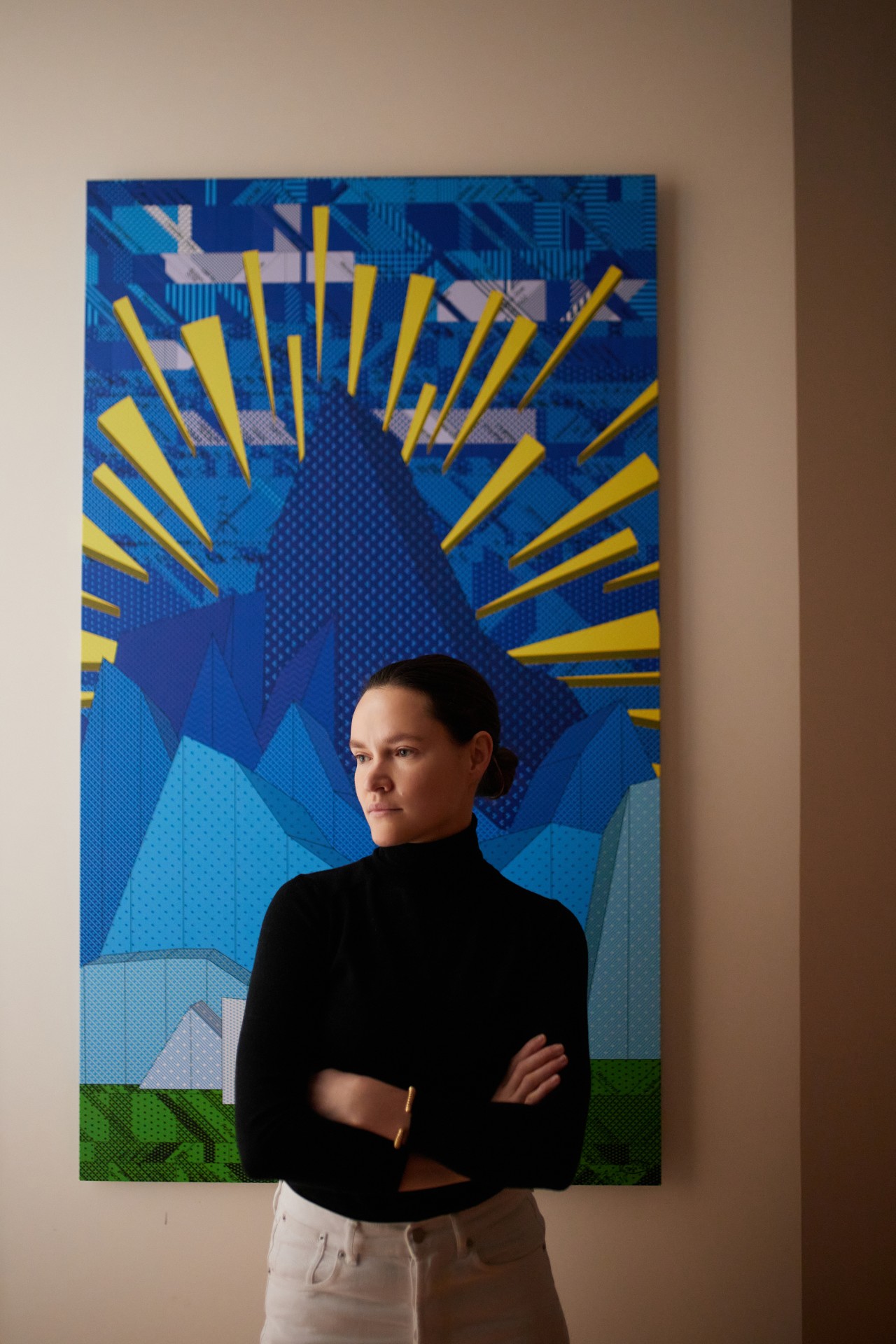
Sonya Soltes, a designer for Marie Claire Ukraine, plans on celebrating Christmas on the Eve of January 7th, per tradition.
“I celebrate Christmas on the Eve of January 7th, as my grandmother did, as I come from Ivano-Frankivsk. I will prepare a festive dinner according to my grandma’s recipes,” says Sonya, designer of the jewelry brand LUTIKI.
In Ukraine, Christmas is celebrated twice: on December 25th in accordance with the Catholic tradition, and on January 7th according to the Orthodox tradition. The main Christmas dish is kutia (grains of wheat or barley boiled in water with honey).
“Grandma attributed sacral importance to Christmas," says Sonya. "She demanded sheer silence as she cooked kutia, and with her thoughts, she thanked God for the year’s harvest. This is because the ingredients in kutia make up our agrarian universe: wheat, poppy, nuts, and honey. They signify work, nature, and godliness."
And she brags that this year, she will be able to personally grind poppy seeds for kutia in an authentic clay mortar, which she purchased at the antiquities market in Lviv. The taste properties of poppy seeds depend on how long they were crushed. It can take hours. The designer smiles in response to my surprised look. Cooking is a hobby for her, she says—a ritual. This is what she does during the blackouts. Furthermore, Sonya cooks using products from her own garden.
“This year, I planted roses in my garden to the sounds of military aviation. Analysts make apocalyptic predictions," she says. "I am not afraid of either cold or blackouts. I know that spring will come. I'll see the blooming of the tulips that I specially planted all over the garden." She smiles. “We missed the spring of this year. It did not bring us joy. All three months were an endless February. Now we are already on a new level of endurance. We won't give our next spring to anyone, even if the war continues."
Gardening has inspired the designer to create new collections, which focus on pumpkin seeds and garlic cloves. “Now, I am reading the book The Well-Gardened Mind: The Restorative Power Of Nature by Sue Stuart-Smith, which is about the therapeutic effects of gardening on humans. The author investigated the archives of the First and Second World Wars. For example, troops in trenches planted vegetable gardens and even flowers, because it's a different level of care and communication. Working with earth heals. If I didn't have a garden, I don't know how I would have survived," she says.
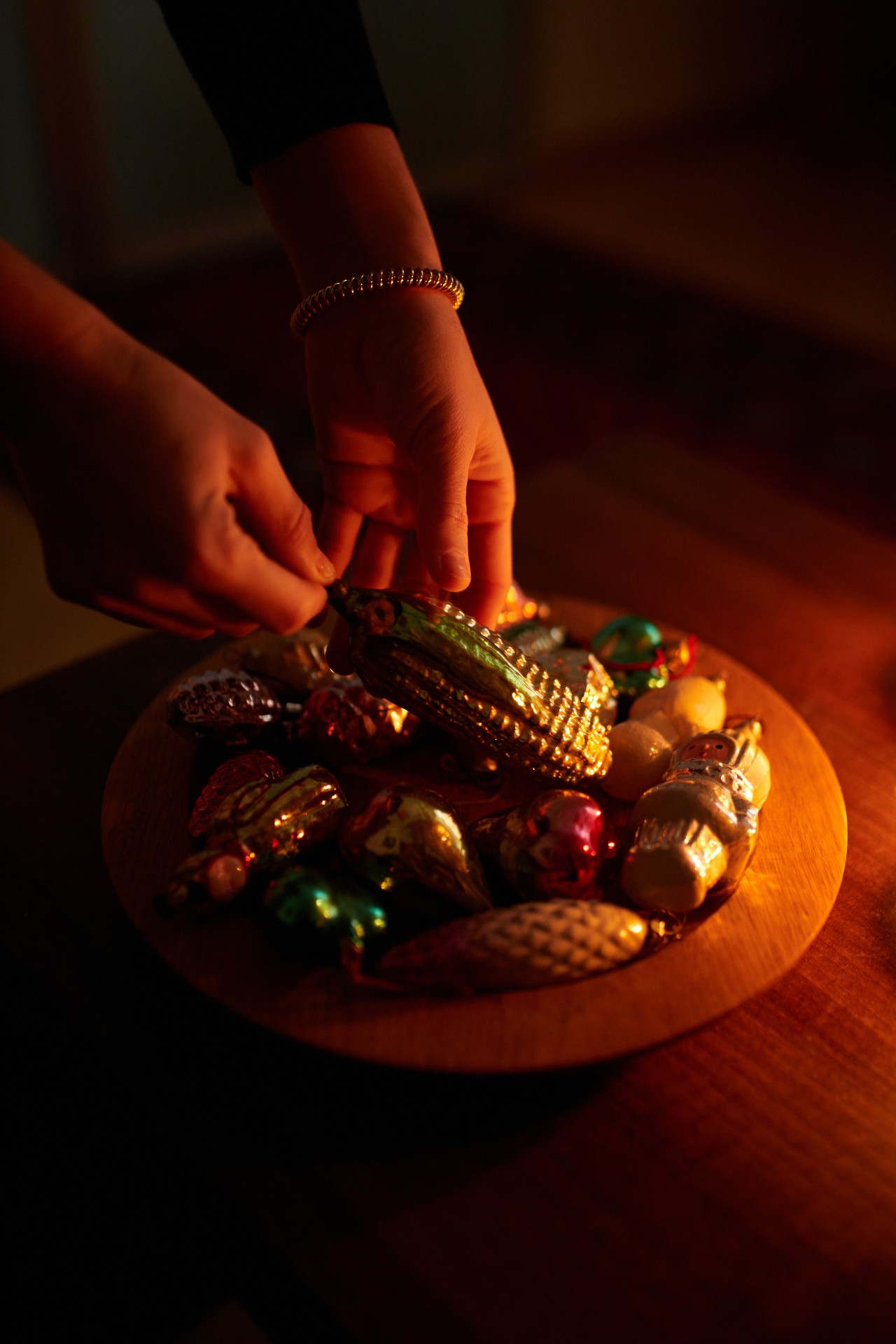
In Ukrainian tradition, the harvest carries great cultural and religious significance, hearkening back to the country's agrarian roots.
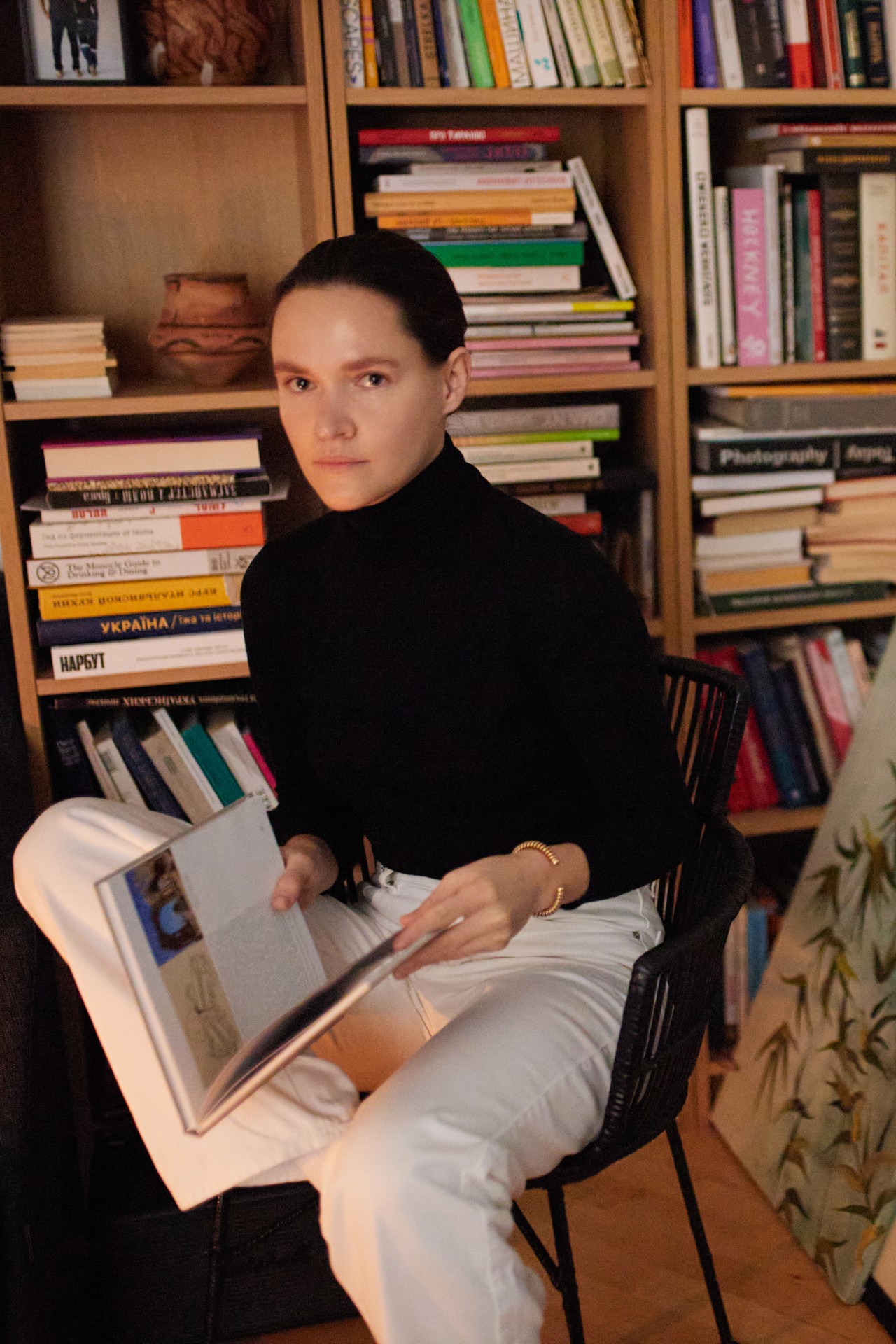
These days, Soltes finds inspiration in gardening, cooking, and reading.
Sonya was caught in Transcarpathia when the war began, and she returned to Kyiv in April. Her sister, her sister's three children, and her mother had all been near Kyiv the entire time.
“Mum said that in the spring, there came a time when she became the only person whose house had lights on. Everybody left, except for a few elderly people, for whom it was physically beyond their power to leave," she says. "If it weren’t for my mother, who knows what my fate would be? I returned because I did not see much sense in 'waiting it out' any further. I wanted to live my usual life."
On October 10th, when the occupiers launched their first massive missile strike on Ukraine's energy infrastructure, 83 missiles were fired at Ukraine and 23 people were killed. Sonya was at home. Her house sits near one of the places where the missile hit.
"I was in the kitchen and I could hear those five explosions well. I didn't go to the bomb shelter. Now, I do not ignore the air alarms, I go down to the storage facilities or the parking lot, or at least hide in the corridor. I no longer feel the paralyzing horror I felt back then. But I can't help but think, in the moment, that a particular person might be hurt. It feels like some horrid lottery. Some are angry, some swear, but that doesn't help me. Instead, I pray, and I do believe this war will soon be over. This war is a war between the dead and the living, because all the Russian narratives are taken from the past. Evil does not live long. We shall win."
Maria Vodzynska, Photographer
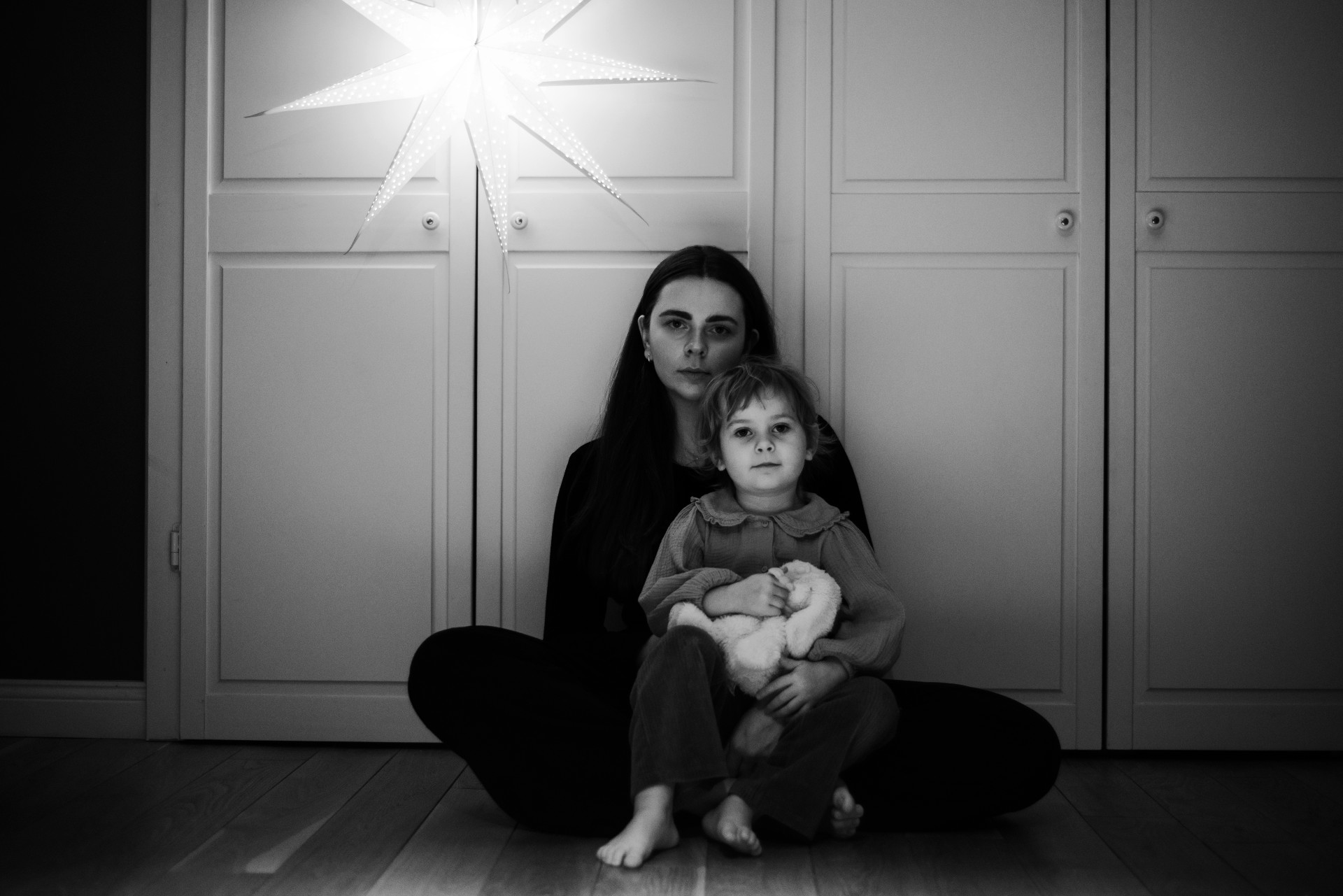
Maria Vodzynska and her daughter in Berlin.
For the first time in her life, Maria will not be celebrating Christmas in Kyiv, as she has been living in Berlin with her daughter, Solomiya, since March. Maria also celebrates Christmas twice: with her husband and daughter in December, and with her parents in January. Unfortunately, this year it will be without a Christmas tree.
“Right after Christmas, we have to move to another apartment. It would not be very convenient to do this with a fir tree,” she jokes. Still, she plans on making every effort to ensure that her daughter has a memorable day. They will decorate the apartment with Christmas tree sprigs and New Year garlands, cook a festive dinner, and sit down at the Christmas table at the appearance of the first star in the sky, according to Ukrainian traditions.
Now Maria, together with a friend, has set a goal: To obtain an authentic straw didukh from Kyiv with which to decorate their Christmas table. A didukh is a Ukrainian Christmas decoration made of spikelet grass and is a symbol of harvest, prosperity, and wealth. It is also a pagan idol—the Slavic region Kievan Rus adopted Christianity in 988, before which Ukrainians worshipped the natural elements. As a result, many Ukrainian Christian traditions retain a pagan flavor, often associated with the passing of the seasons and harvesting.
She also plans to sing kolyadkas, which are known today as Christmas songs, but were originally carols accompanying pagan rites in honor of the pagan god Kolyada.
"I sang in the choir for many years," says Maria. "When I was at school, my classmates and I went carol singing. As expected, we were dressed in costumes with a Christmas star in our hands." She smiles and adds sadly that if it were not for her daughter, she would have stayed with her husband in Kyiv. However, the child needs a quiet childhood without explosions, disturbing news, and blackouts.
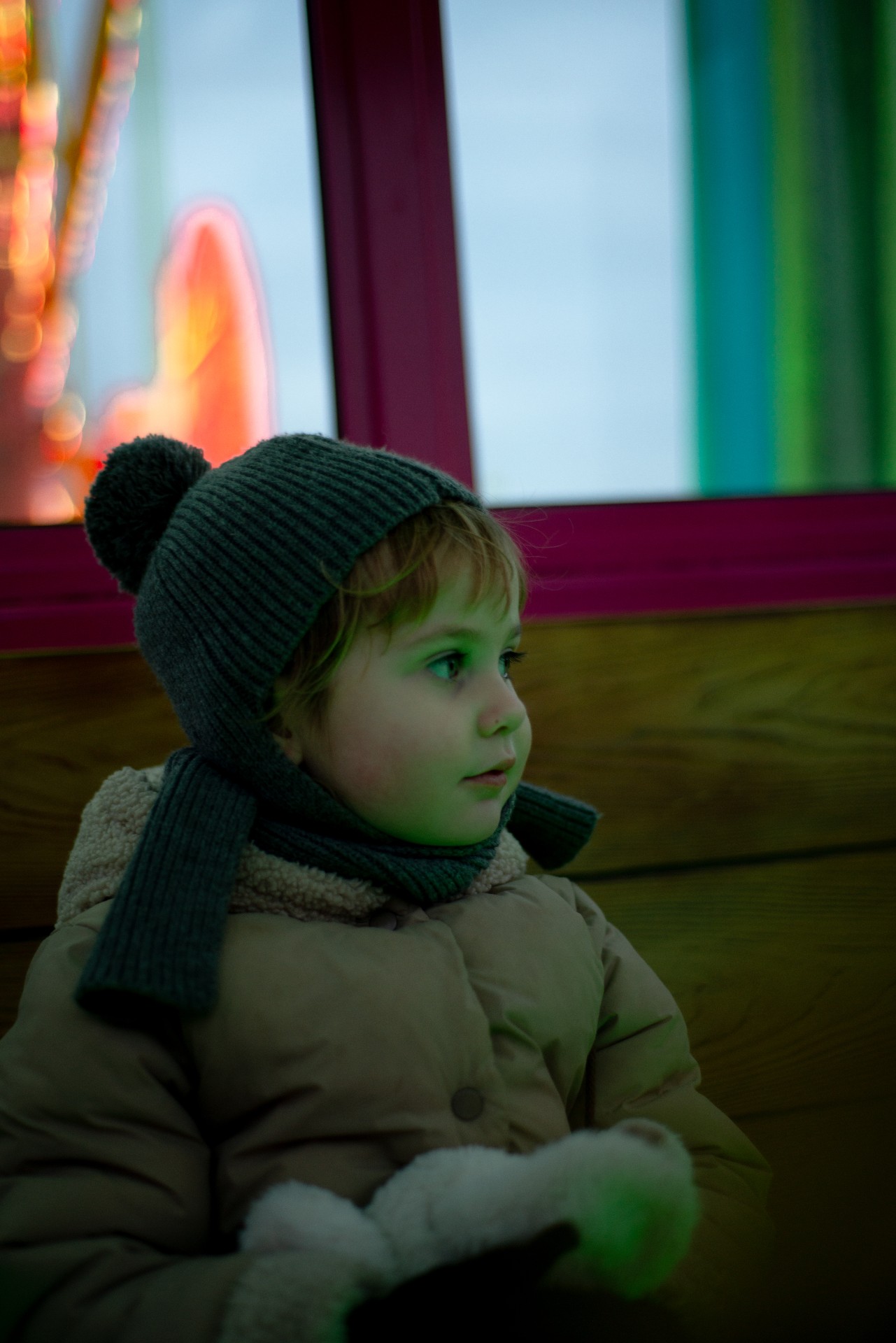
Maria Vodzynska left her life behind in Ukraine until the end of the war so that her daughter would be safe from violence.
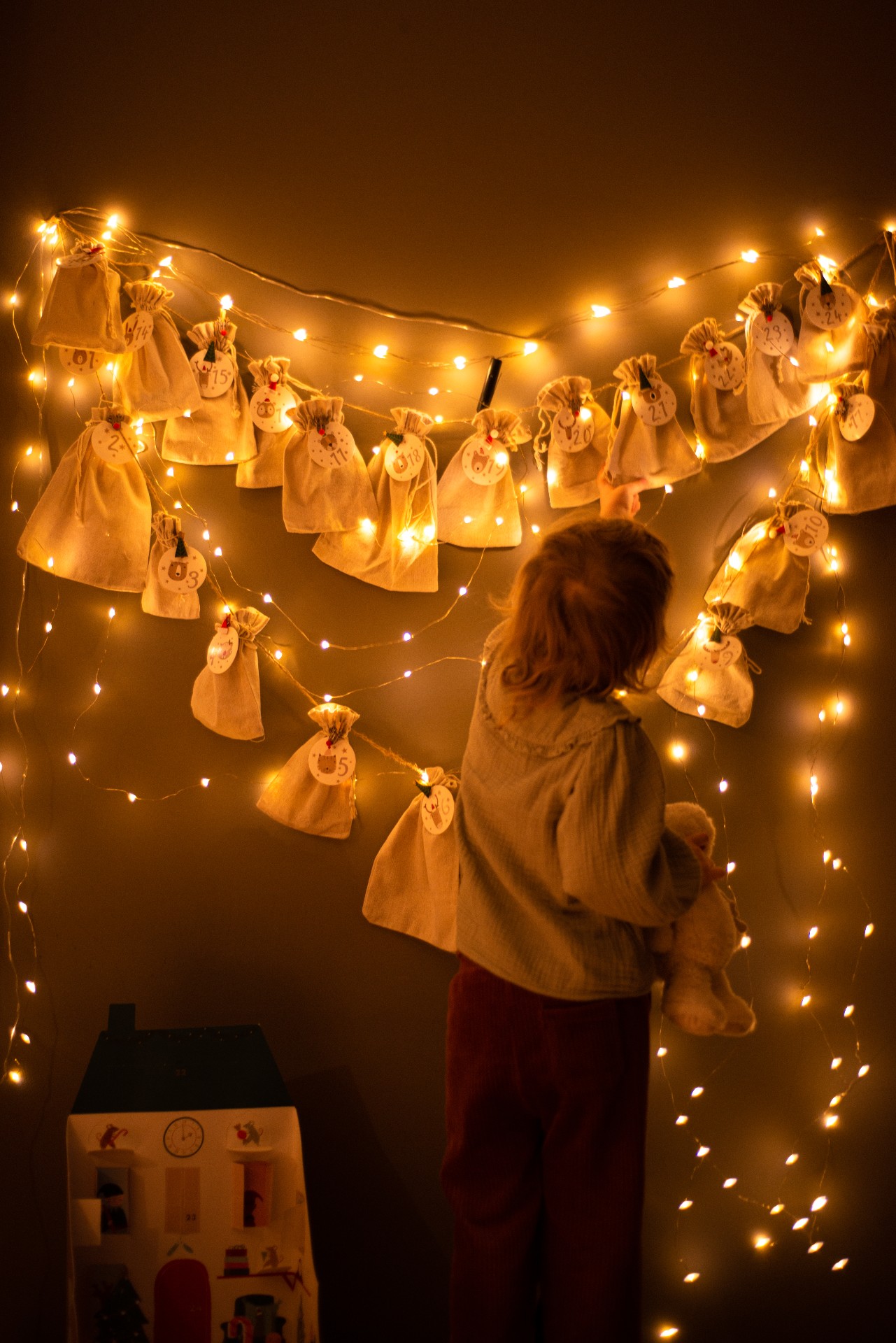
Maria Vodzynska's daughter decorates their Berlin apartment for Christmas.
Maria's parents also now live in Germany. They lived in Irpin, but managed to leave during the occupation after having sheltered a long time in the basement of the local university where Maria's mother was a lecturer. Those days were especially difficult for Maria, because she thought only about her relatives.
The war caught Maria in Truskavets, where she left on the eve of February 24th. Unlike her friends, she had a bad feeling, so she bought the travel tickets, saying, "We'll stay out there until the situation is better, and when we come back, you'll laugh with us.”
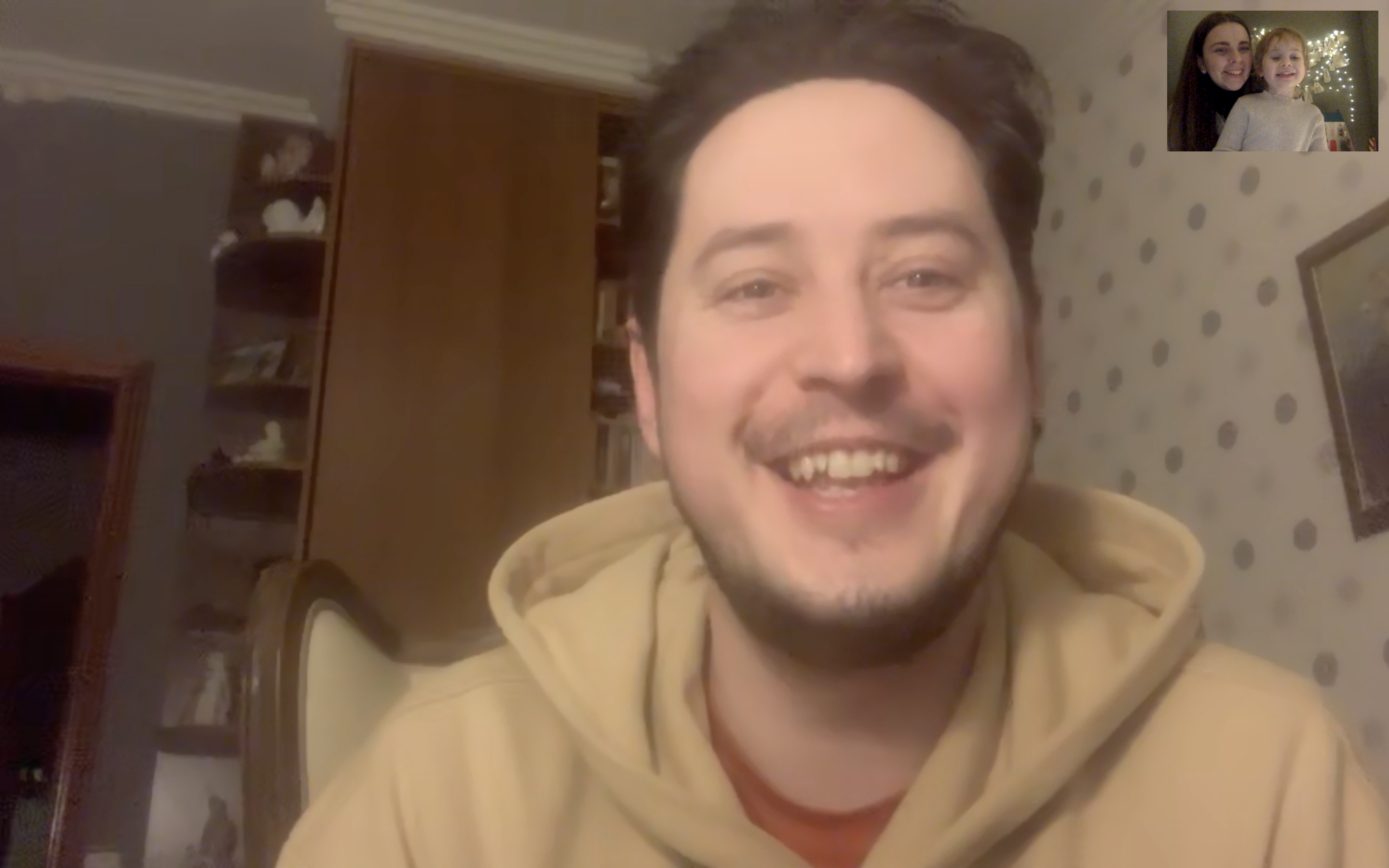
Maria Vodzynska, her daughter on her lap, FaceTimes with her husband, who remains in Ukraine.
In August, Maria returned to Ukraine for the first time since she left in order to celebrate her husband's birthday. From home, she took photos (the couple has a tradition in which every year, on the anniversary of the day they met, they take a photo together in a photobooth) and a designer candle that reminds her of her house in Kyiv.
"Today, I don't read the news 24/7 anymore. It's only during the shelling that I keep my phone glued to my hands," she says. "I am hurt by every report of a missile hitting something. I am happy when I see the number of missiles shot down by air defense. I'm not going to shed tears.
"So, it will be a celebration of Christmas on Skype with Solomiya’s dad, my husband. And we have a lot of holidays ahead of us that we can celebrate together in-person. I believe in it, and the Ukrainian army is doing everything possible to make it happen." Maria smiles.
Maria Didkovska, Restaurateur & Founder of the “Open Music of the City” Charity Fund
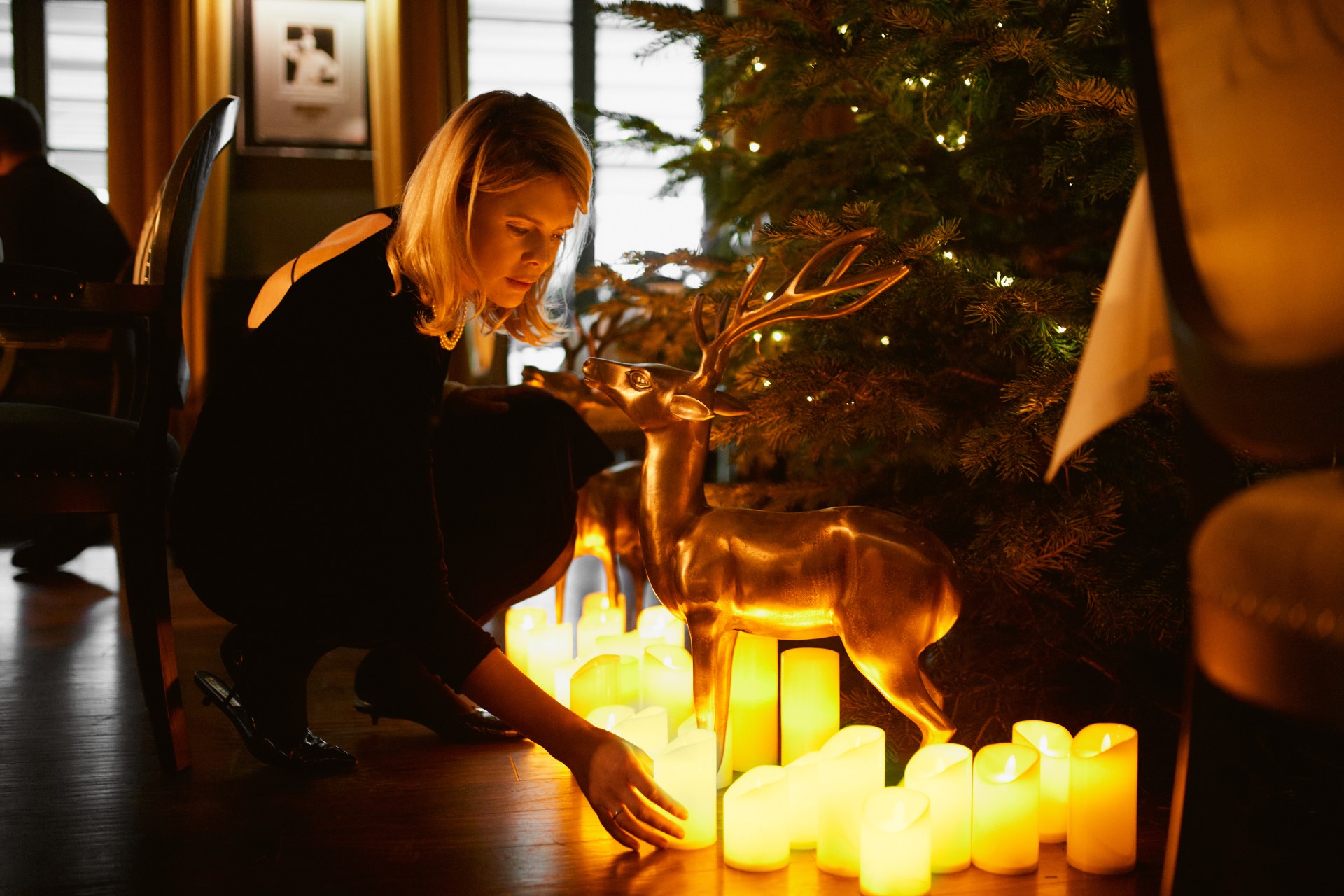
In Kyiv, Maria Didkovskya lights candles in her restaurant amid a blackout.
Maria Didkovskaya, the owner of the Citronelle and Saint Bar restaurants, plans to celebrate this Christmas with her family circle in Kyiv. The emphasis is on the word plan—an idea that has now been abandoned by the majority of Ukrainians due to the enemy attacks and blackouts that have forced them to make adjustments to their daily lives.
“I have about 80 people behind me at work, and also my family, my parents. They all look to me, hoping that I have a plan, which means that I cannot and do not have the right to come in a bad mood or burst into tears from powerlessness,” says Maria. “I have already gotten rid of the main fear—the fear of not returning home, to my husband, to my city." She lives in Kyiv and goes to Vienna every 2-3 weeks, where her twin sons Ivan and Tymofiy now live and study.
Traditionally, the family gathers on January 6th and 7th at the Christmas table, dishes for which Maria prepares according to her own recipes. “There will be kutia, vinegret, baked meat (but on January 7th, it will be the rich kutia), pies," she explains. "And also stewed cabbage, to which I add mulled wine spices, lemon zest, and sparkling wine, which softens the flavor." These traditional Ukrainian dishes are served in her restaurant, Citronelle.
Meanwhile, the venue's musical menu includes traditional carols performed by the chapel choir Dumka, whose participants have been compiling carols from different regions of Ukraine for the last ten years. Maria believes that music “purifies” the atmosphere and is able to heal. She and her team are even involved in a charitable initiative that helps arrange the sound systems for the department of psychological rehabilitation at the Military Hospital in Kyiv. In particular, they have been working on music and art therapy projects. Part of the initiative involves utilizing specialist-compiled playlists that help rehabilitate injured fighters.
In addition, on December 15th, they organized an event featuring famous Ukrainian rock singer Slava Vakarchuk, who performed an incredibly warm and touching acoustic concert in the candlelit Saint Bar restaurant. Maria also held an auction and collected funds to buy four large surgical sets for mobile military hospitals, which have the capacity to save 16,000 soldiers' lives!
Maria and her team have been providing assistance to those in need since the onset of the war. Along with the aforementioned initiatives, they also aid the Zhyttelyub charitable foundation, which takes care of the elderly—especially those who are homeless.
"I couldn't help but think about these people. They are helpless. And I couldn't help but think of my team, which was in a confused state, and about how helping others brings everyone to life," she says. "They cooked food and delivered it to specific places for these people. This project saved us psychologically. And, as always, we donated for vests, for SUVs, for military shoes, and for drones."
Blackouts inevitably impacted the day-to-day of the restaurant and bar, yet the candles and garlands ultimately added elegance to the exquisite atmosphere. Citronelle now hosts romantic candlelit dinners and "cold" dinners (because of how the blackouts have thwarted the ability to heat food) developed by in-house French chef Roban Kasnabe, who returned to Kyiv at the end of September.
“The whole team looked at him in a completely different way," says Maria. "Who would choose to work in wartime Kyiv when they could easily work in the best venues in Paris? He answered, 'I have given you my promise: I want to support you.' We respect him as a person, and not just as a talented chef. I truly rejoiced when he said this in the kitchen. It showed respect, courage, and the strength of faith and trust."
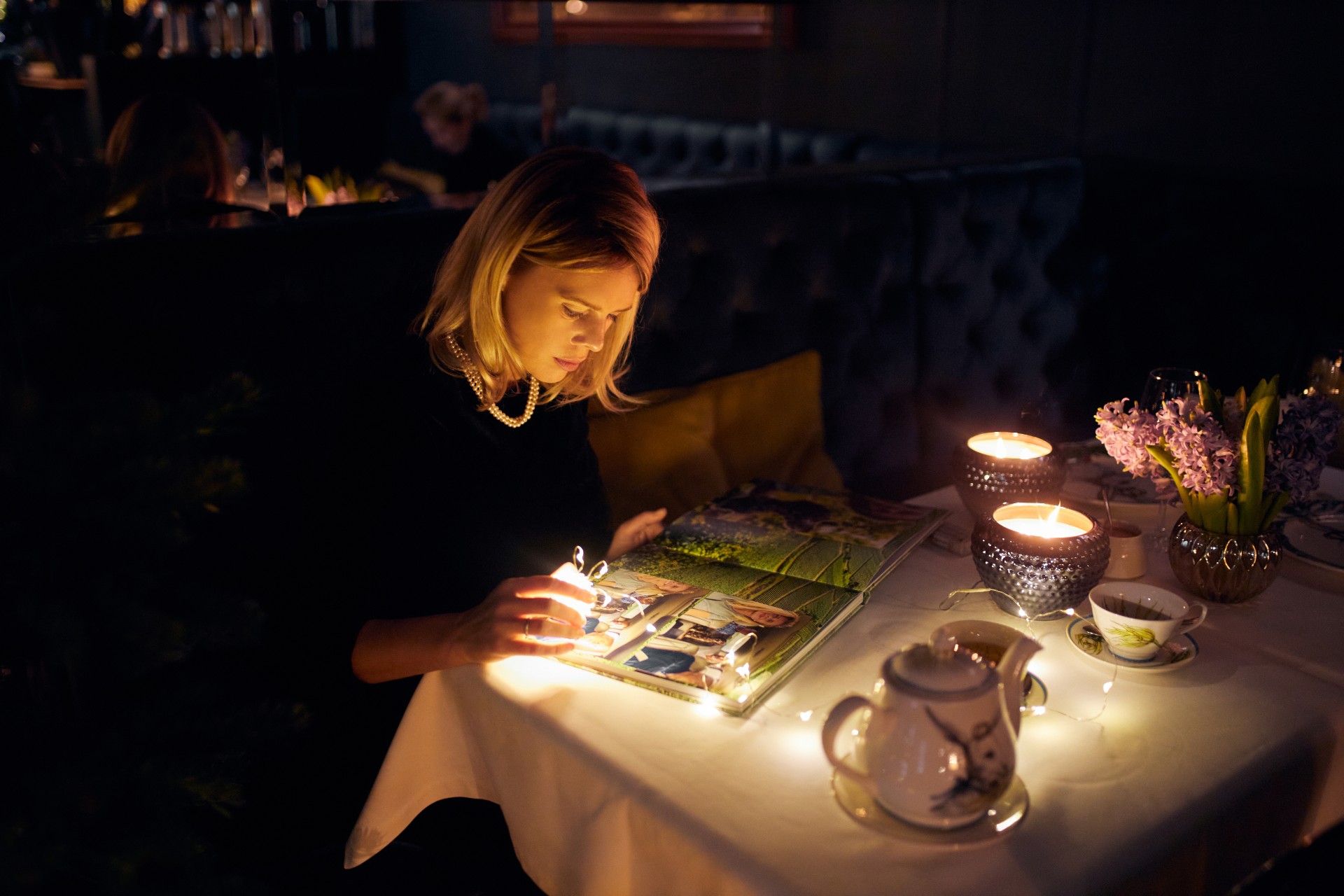
Maria Didkovskya continues her work by candlelight.
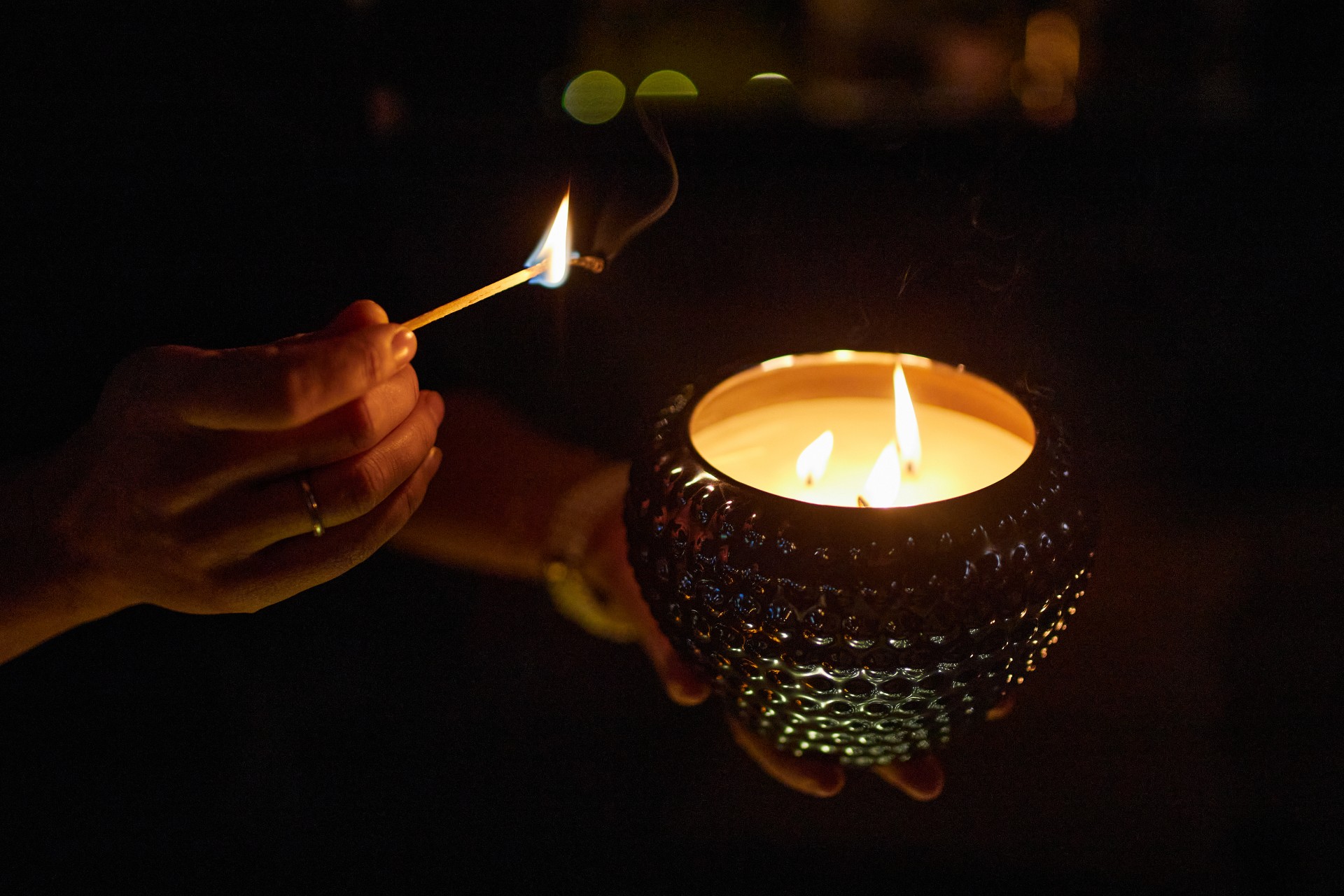
Amid extensive, war-induced blackouts, Ukrainians are forced to live without electricity.
On October 10th, missiles hit the playground in Shevchenko Park, right next to the building where Maria and her family live. How does it feel when a missile strikes beneath your windows, you might ask? Maria smiles and answers, “I thought, 'Thank God we weren't home, and that now the house is almost empty.' The windows were secured, new doors were installed. When I cleaned up, I found a fragment of a missile."
A Russian missile also damaged her country house, which she had set up as a "base" for the restaurant workers during the beginning of the war. It had all the necessities: warm clothes, a fireplace, a gas stove, and internet connection.
"Thank God no one managed to get there!" she says. "It hit my house in the first weeks of the war. At first, I hadn't believed in the war—even the week before, when 90 percent of our permanent residents left the country.
"My family and I were also supposed to go on holiday and celebrate our child's birthday," she continues, "but I told my husband we weren't going anywhere. There were 200 people counting on him, and there were 80 counting on me—we couldn't just leave them. They would feel like we had abandoned them. Our children and parents were sent to the Carpathians, and we remained in Kyiv."
Her restaurant has a bomb shelter into which team descends during air alarms. Over the course of the alarms, Maria messages her husband, asking if he is alright, and continues to manage her business.
“The war will be over," she maintains. "How? With our victory. When? Nobody knows. Our task is to do everything right and make sure when the war is over we are proud of our country, our people, ourselves, and our team. To move forward, believe, and work every day, helping each other, and standing together.
"Geographically, we are a smaller country than Russia. A lot depends on what kind of military assistance is provided by the allied countries. But our people have shown the whole world that we have what the world has almost lost: unity, strength of the spirit, and humanity. This is what our Victory means to me."
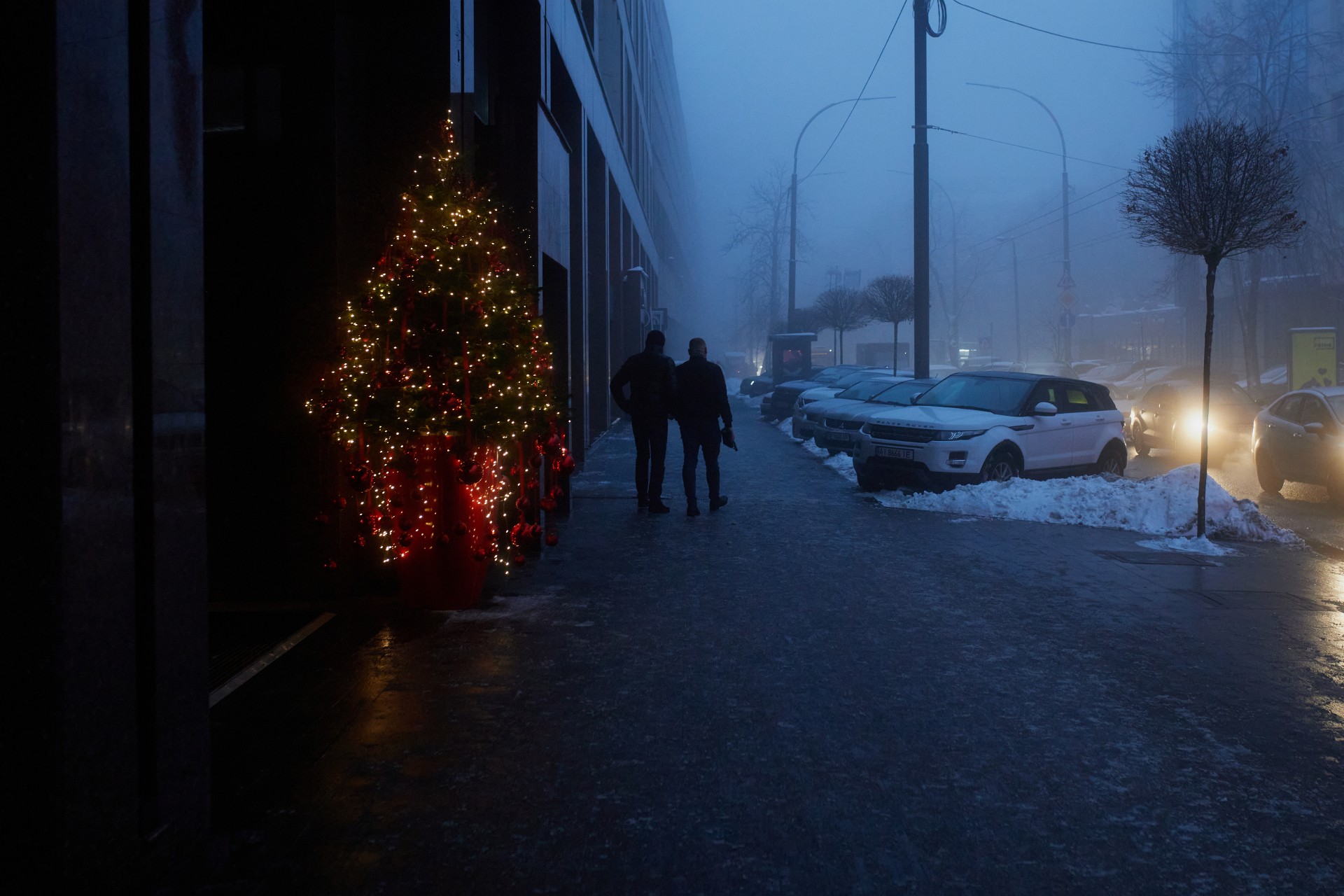
In spite of the war, Ukrainians retain strength, pride, and hope for a bright future.
We have become a nation. And now, we have been defending something much greater than we could conceived of before February 24th.
That’s why I am staying here. I also want to be involved when Ukraine regains its roots; in the transformation of our nation. I want to see our future and the future of our descendants. It all depends upon us. Culture, music, national costumes, and holidays are our codes and true Ukrainian traditions.
Now I, along with my friends and partners from Champagne, have been working on developing a champagne to celebrate our victory. The idea came to me in April, after we had shown the whole world our unity and dignity, because when the victory comes, we will need a special drink carrying the history. This will be a collection consisting of six bottles whose labels have been designed by some of the most sought-after Ukrainian artists. The champagne is called Victory of Dignity, and the proceeds from its sales will be used for Ukraine’s recovery.
When Ukraine celebrated the thirtieth anniversary of our Independence, our charity fund, Open Music of the City, conducted an all-Ukrainian composers’ contest to create a contemporary Ukrainian concert overture. It was a great success, and now this overture is being performed by Ukraine’s best musicians both in the country and abroad. This has given us yet another idea: Now, we are working on announcing the contest to create the Victory Overture, a melody that celebrates the Victory of Dignity.
On December 16th, the Russians fired 40 missiles at Kyiv, and 37 were shot down by our air defense forces. The number of victims is still being investigated. Meanwhile, in nine days, we celebrate Christmas. In the light of garlands or flickering candlelights, in a circle of loved ones or on Skype, in Kyiv or elsewhere in the world, Ukrainians will celebrate a great Christian holiday. No invading force can interfere. We believe in our victory, we believe that good always defeats evil, and we believe that even in the darkest hour, there will always be light.
Written by Iryna Tatarenko; translated by Alex Berdnick.
